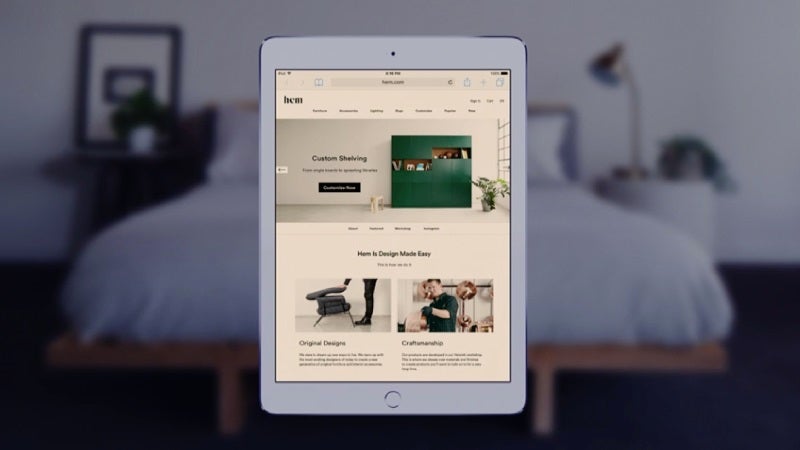
Dear Lifehacker,bad for my sleep, but will features like Apple’s Night Shift and Android N’s Night Mode help me get better sleep and let me read in bed at the same time? Advertisement Sincerely, Dear Bedtime Browser,melatonin, a hormone produced by your pineal gland that helps you fall asleep. When you disrupt this process, your circadian rhythm (or “internal clock”) gets thrown off. We’re supposed to sleep in the dark, and unnatural light sources make it more difficult. In fact, according to one study, published in the Journal of Endocrinology & Metabolism, even the visually impaired have a similar response to diffuse light. Smartphones and tablets have the same disruptive effect on your brain. Light can either advance or delay your circadian rhythm, and even the small amount of light being produced by your screen advances it (even in a dark room). Basically, your body thinks you’re looking at sunlight (even if you consciously know it’s night), and reacts accordingly. Countless studies (like the one mentioned above) have suggested that the type of bright, blue light emitted by your devices is especially disruptive because its short wavelength is what tells your brain to be alert, not at rest. In fact,…